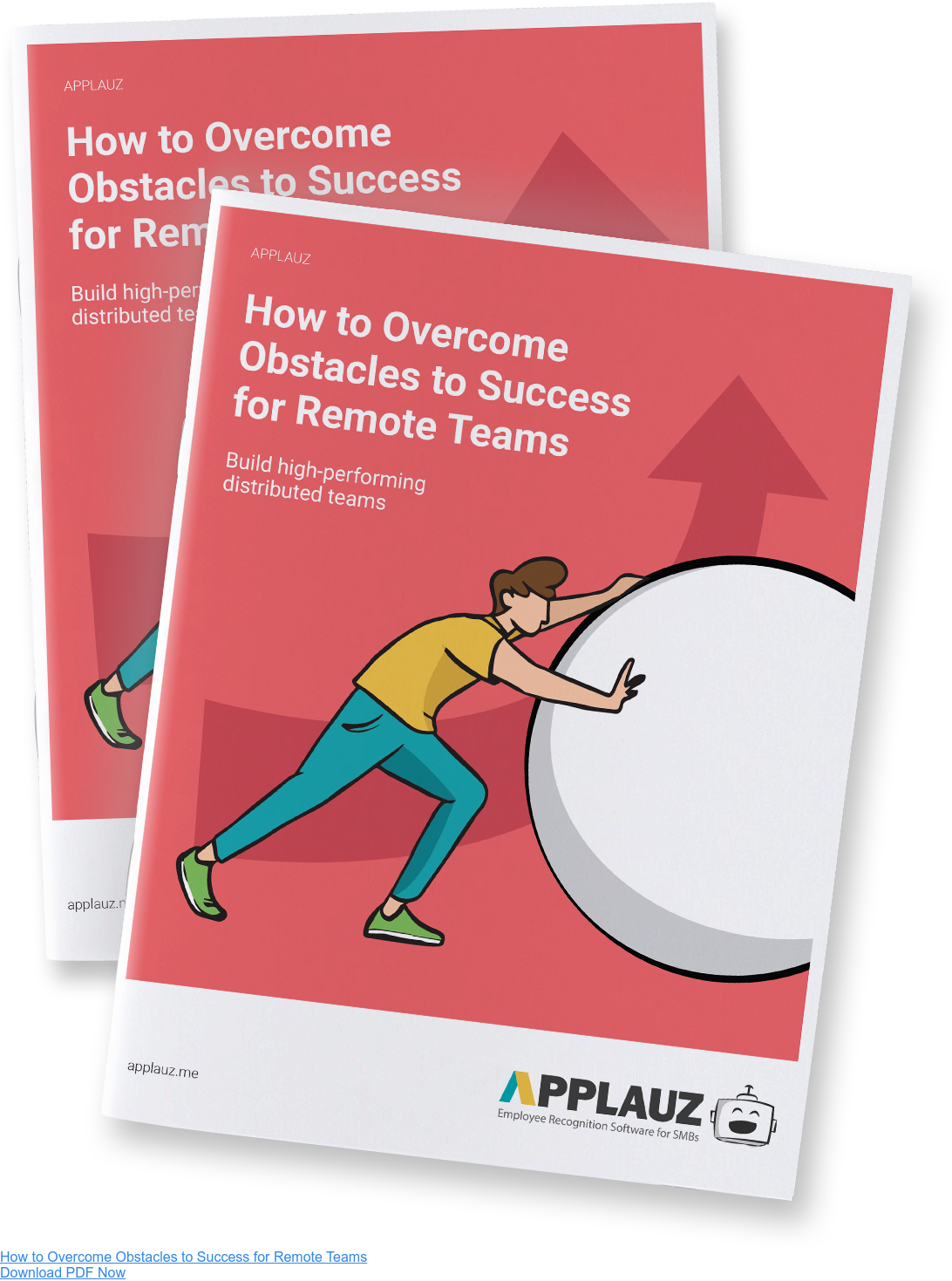For employees, starting a new job is an exciting event. For a manager, it can be an exciting, albeit stressful one.
New hires don't walk through the door and get down to business instantly. In other words, even the most accomplished professionals need orientation—not only on the first day but also in the first few weeks on the job.
Your schedule might be busy as a manager, but leaving a new employee to fend for themselves is not a good strategy.Remote work onboarding
Managing remote employees successfully also means onboarding them successfully as well.
That said, when it comes to the administrative part of onboarding (i.e. filling out forms and logging into software), the right tools assist HR to streamline this process.
Successful onboarding is so much more than filling out paperwork.
The challenges for onboarding in a remote setting go beyond paperwork and impact the employees' social integration. In other words, even though you may be miles apart, a new hire should quickly feel involved in the department's culture and workflow.
A valued member from day one
In a remote setting, how can managers ensure a new employee feels included from day one? These tips and ideas will help you and your team members get a new hire acclimated as quickly as possible.
The goal is for the latest team member to be involved in the group's culture and empowered to do their job from day one!
 Tips to Make Remote Onboarding Easy for New Employees
Tips to Make Remote Onboarding Easy for New Employees
Everyone is responsible for integrating a new employee
The very first step is to announce the arrival of the new team member. Your team may already be aware as the new employee might be replacing someone who left. But the announcement should also give more details about the new hire. For example, their background and what their specific responsibilities will be. Team members must be encouraged to make the new team member feel welcome. The successful integration of a new employee should be viewed as a shared responsibility. In short, the manager and every team member should feel responsible for making a new employee feel included and at home.
Enlist the help of a budding manager
When a new hire comes on board, they may need more direct support in the first few days and weeks. This is often the case with junior associates. However, the task of continuously supporting a new hire can be time-consuming. But it's a perfect opportunity to delegate the responsibility to one of your senior members or an employee that expresses a desire for more accountability. This tactic is also smart, as new hires may also be shy to ask a manager for help in a remote setting where it's not possible to walk up to someone in person. Allowing a senior employee to be their "training manager" can offer reassurance for the new employee.
Meeting the entire team
In a remote setting, you are probably hosting a few video meetings per week. When the new hire arrives, it's critical to have at least one meeting dedicated to the new hire's team meeting face-to-face. This meeting is vital to get everyone introduced to each other. You can conduct a few ice breaker activities or exercises. For instance, ask the new employee to talk a bit about themselves. But also, ask your team to do the same! If your group is small enough for everyone to do a personal introduction, make sure everyone, at minimum, says their name and what their role is in the organization. Getting to know each other is a two-way street. The new employee might discover they have something in common with their peers on day one.
One-on-one with key teammates
The new employee will likely work more closely with a few key people in your department. As such, you should host a secondary meeting with only the people the new hire will be working closest with. This opportunity is ideal for coworkers to get to know each other better. More importantly, it's time to get the new hire up to speed on any projects or mandates that are in progress.
Workflow crash course
Your team likely has an established process for getting work done. In other words, a set workflow. For a new hire, your workflow is probably foreign territory. A new employee will come in with preconceived ideas and assumptions based on their personal work history.
In short, team members might be operating on different frameworks.
These differing approaches to work can generate conflicts if they are not clearly addressed. A workflow crash course is needed to avoid communication breakdowns. Here are some important points you should cover.
- Training on the project management and productivity tools your team uses.
- Explain how tasks and projects are prioritized.
- Explain which channels (i.e. chat, email, Google comments) are used for communication and for which types of tasks.
- Be clear about response-time expectations.
Your new employee should up to speed on your team's unique processes. When everyone operates within the same guidelines and framework, it smooths out the workflow and mitigates the risk of friction and communication breakdowns.
Frequent check-ins
As mentioned at the top of this article, leaving a new employee to their own devices is not a recipe for success. Fundamentally, new employees are at a high risk of turnover. But a new employee who feels supported, both professionally and personally, will be more likely to thrive and want to stay with your company past their probation period.
That said, in a remote environment, supporting a positive social experience can be difficult. Frequent checking in (but not to the point that it's intrusive) will demonstrate to an employee that you care about how they are doing. Also, it shows that you are open and available to them if they need you. These are essential values that drive employee commitment.
Final Thoughts
In a remote work setting, the physical distance is a significant hurdle for onboarding, especially for the social component of starting a new job. These quick and easy tactics are designed to help you get a new hire integrated into your team quickly.
A key point to drive home: The whole team is responsible for making a new employee feel included. This belief should be taught to your team already. If not, communicate to your team that they play an essential role in the new employee's onboarding. This shared sense of accountability will benefit not only the new hire but also the team's culture as a whole.
About the author
 Michelle Cadieux
Michelle Cadieux
Michelle is a content writer for Applauz. She holds a Bachelor's degree in Psychology from Concordia University, and she has been writing about work and employee happiness for over five years.



